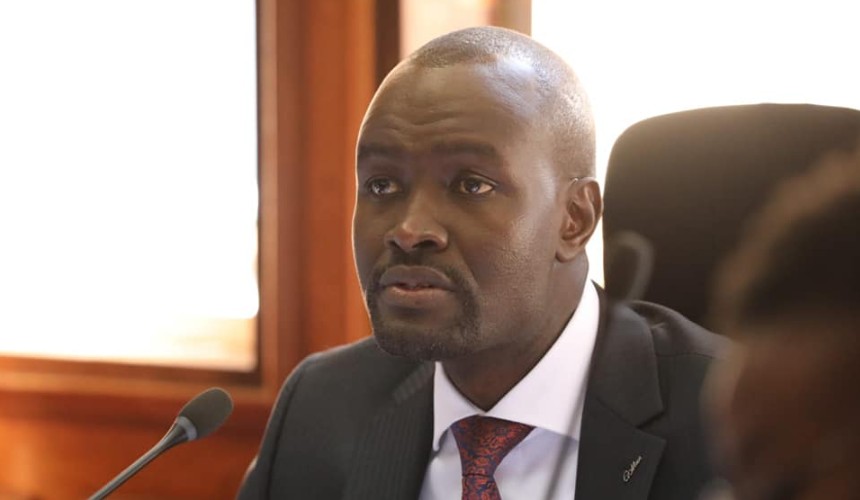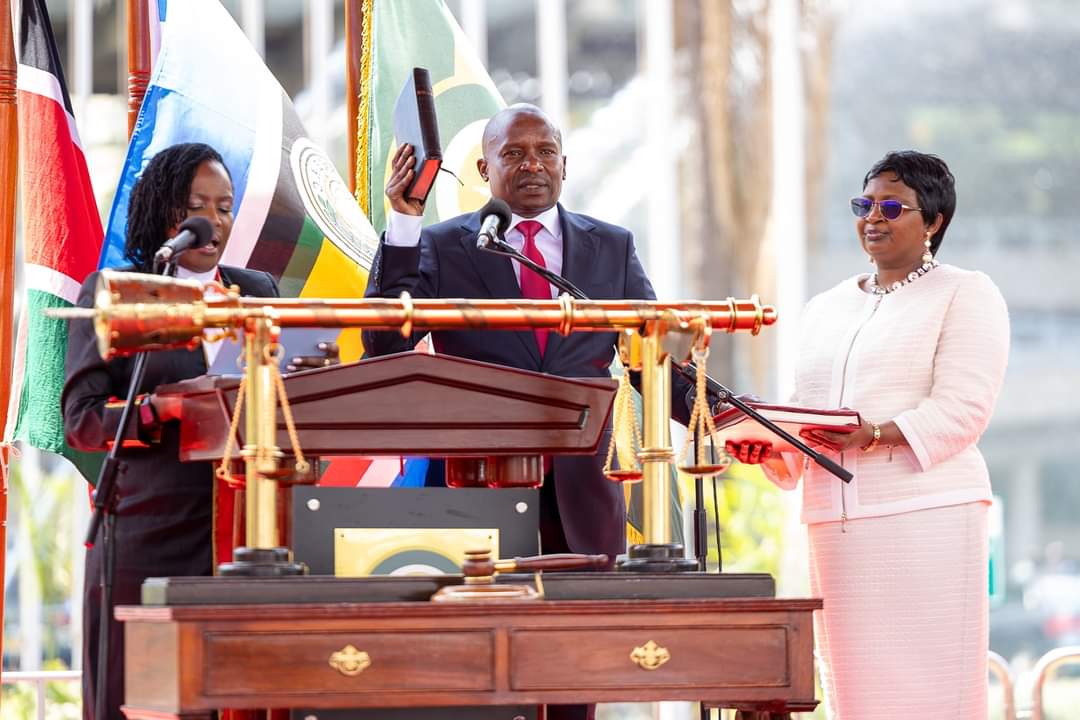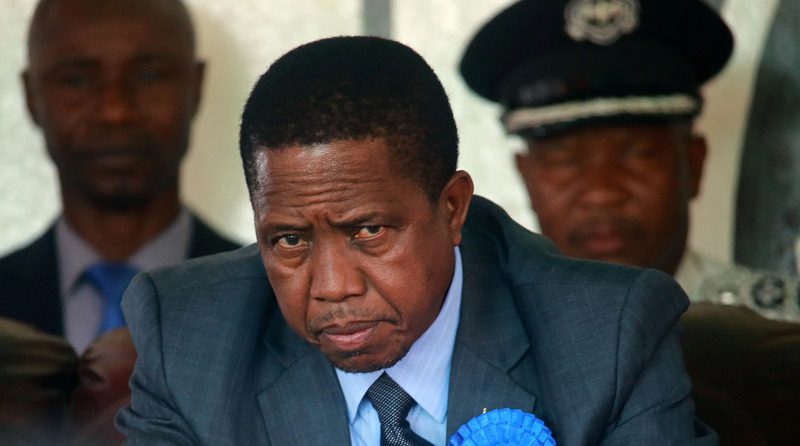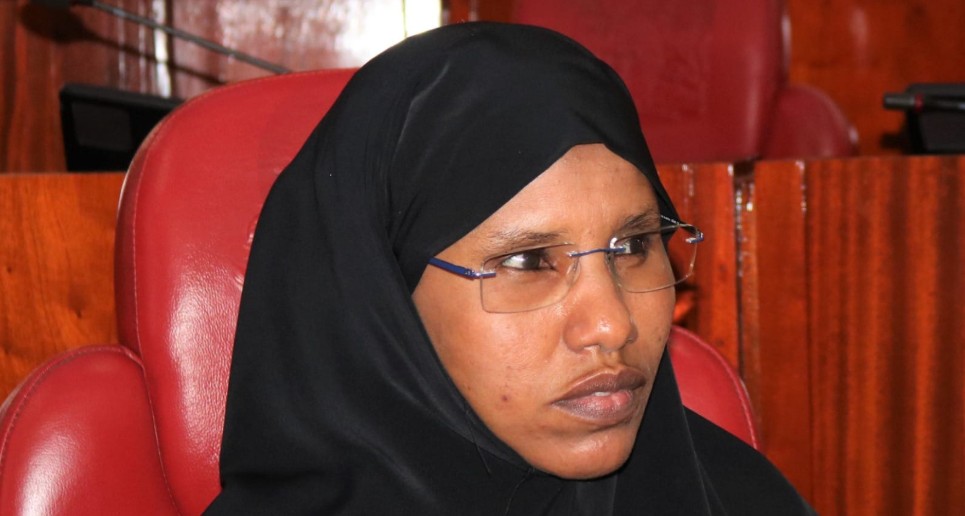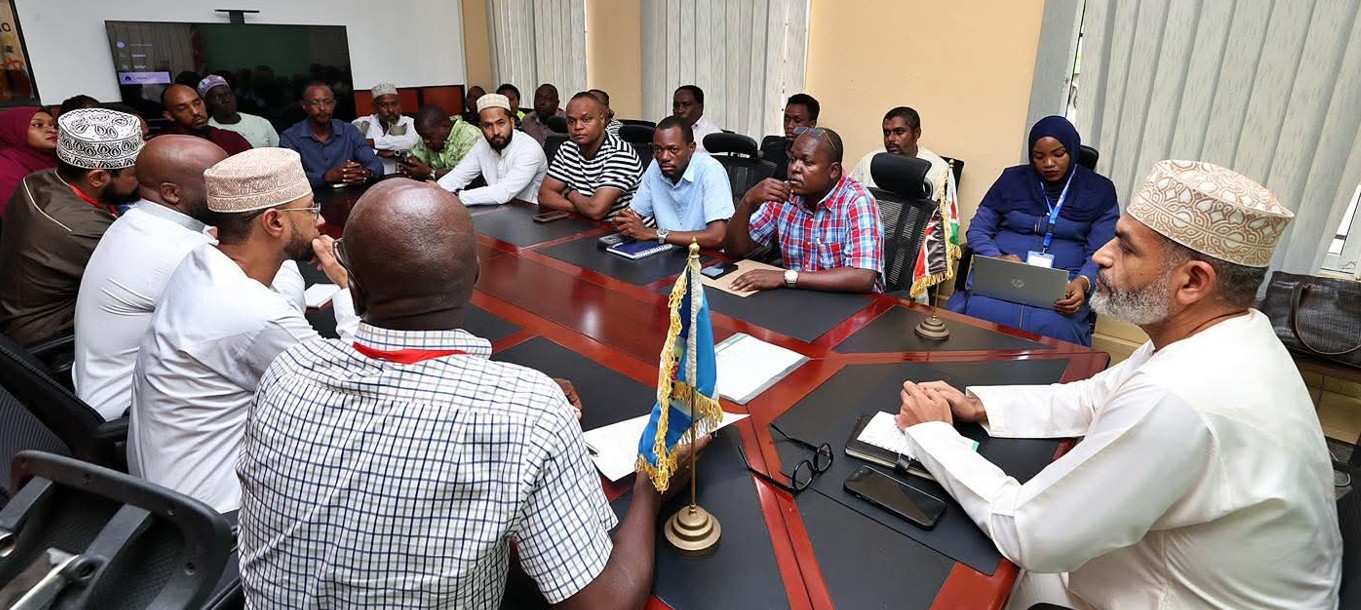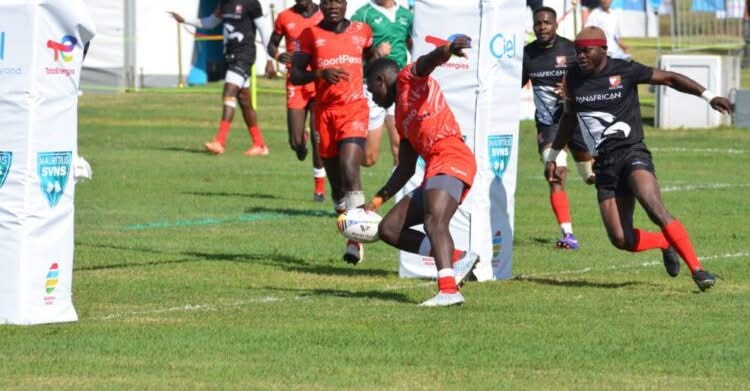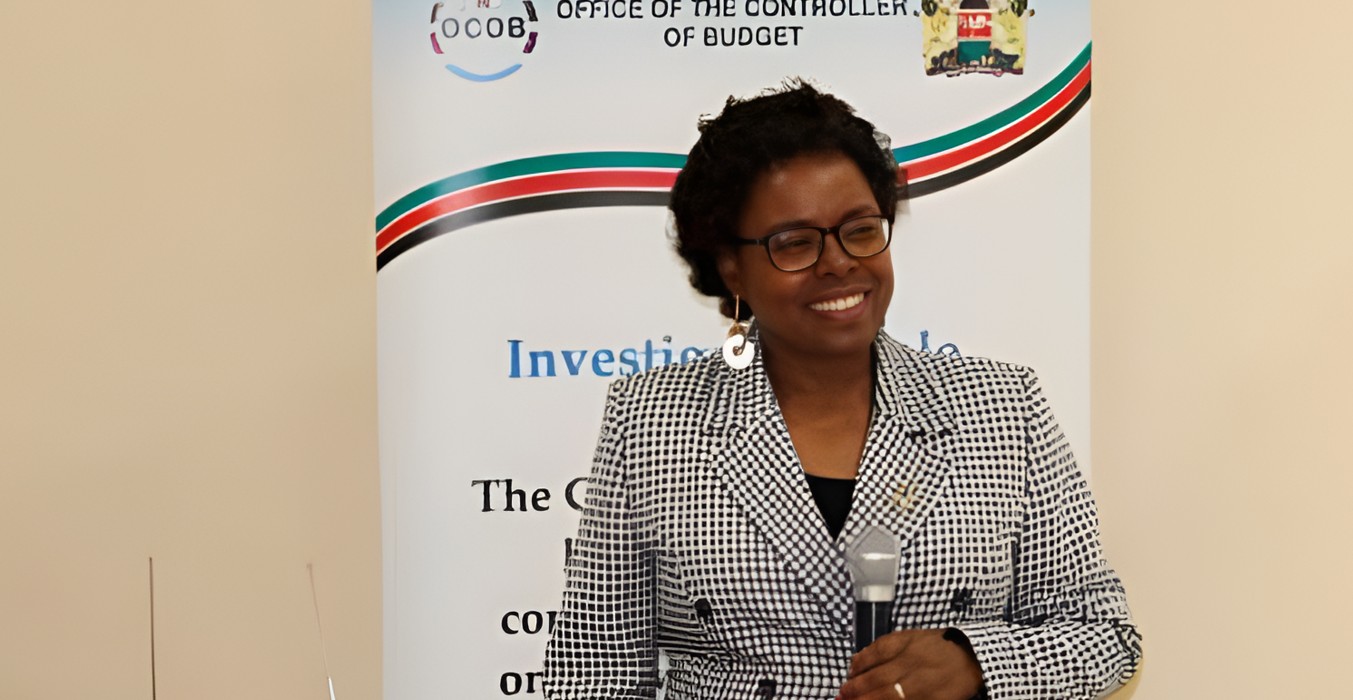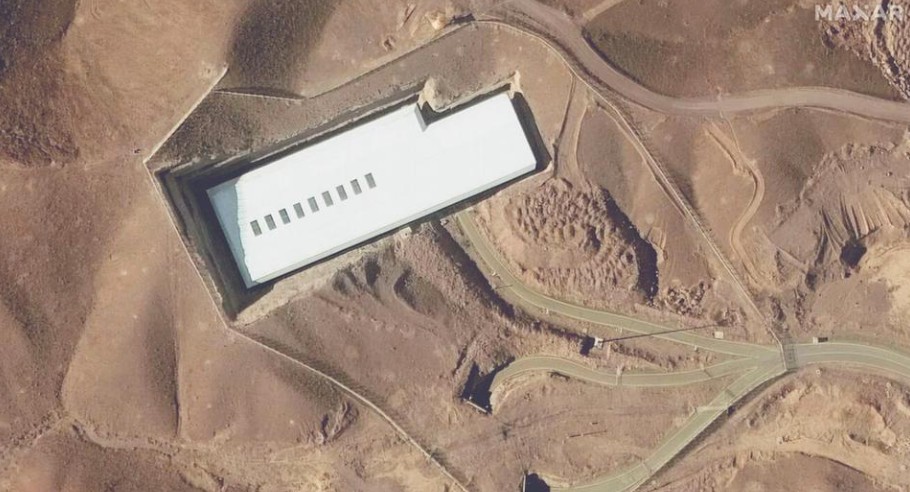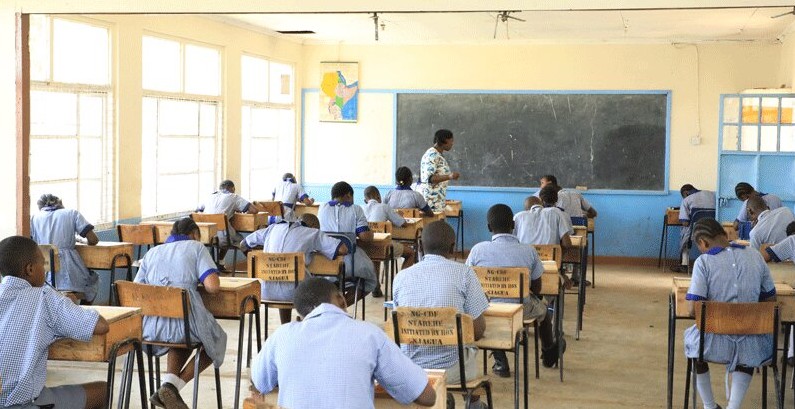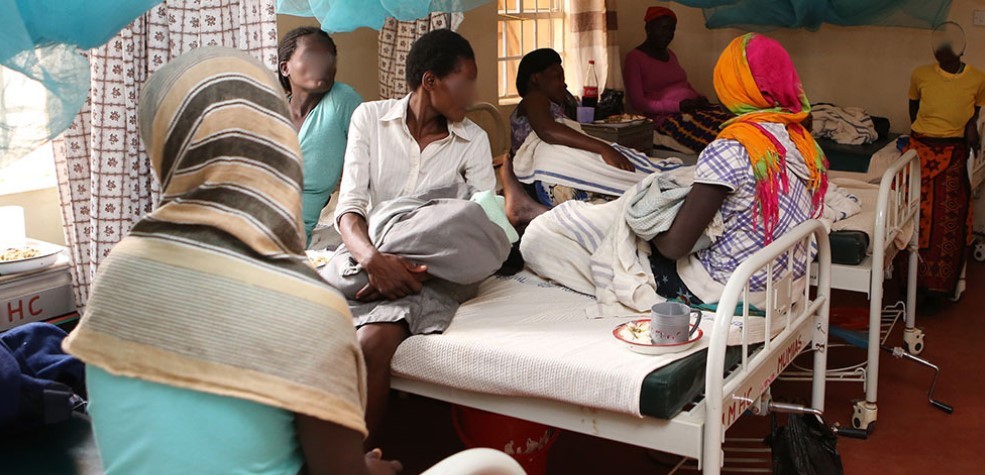Kenya to benefit from Sh660 million UK funding for weather adaptation
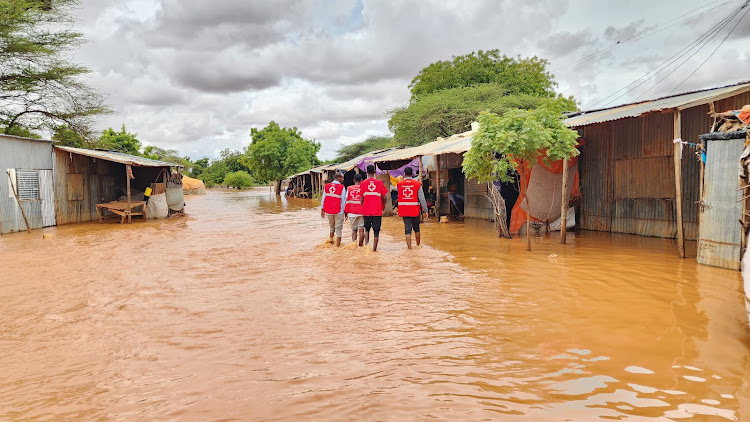
The funding will also support the co-designing of services with communities in Garissa and Tana River, ensuring they have timely and tailored weather climate information.
Kenya is set to benefit from Sh660 million in funding for weather and information services, in a partnership between the United Kingdom, the Kenya Meteorological Department and other partners.
The funding was announced by the UK Minister for Development, Ms Anneliese Dodds, during the ongoing COP29 in Baku, Azerbaijan.
More To Read
- Kenya braces for wet and warm days in five-day met forecast
- Tide of change: Coastal women demand bigger role in blue economy
- Kenya unveils 2024–2030 disaster risk strategy to protect lives and boost resilience
- Rain, thunderstorms expected across 20 counties in latest forecast
- Strong winds, waves to hit 15 counties from June 13, weatherman warns
- Kenya cuts environment budget to Sh103.8 billion despite climate change pressures
The amount is part of a Sh4.8 billion uplift to the Weather and Climate Information Services (WISER) Africa programme, which seeks to develop adaptation to climate hazards such as floods, droughts and storms.
The new funding for Kenya will enhance early warning and early action before disaster strikes, reducing humanitarian need and supporting drought-affected communities.
This will be done in partnership with the Kenya Meteorological Department, IGAD Climate Predictions and Applications Centre (ICPAC), and the Kenya Red Cross.
"Weather and climate services help us all to prepare better. WISER has supported farmers and communities across Kenya – from Lake Victoria to Kibera – to anticipate and reduce the impact of severe weather," noted the UK High Commissioner to Kenya Neil Wigan.
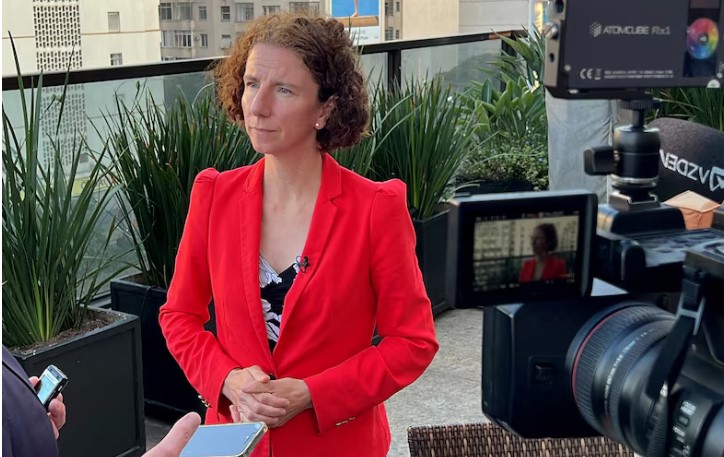 UK Minister for Development Anneliese Dodds who announced the funding during the ongoing COP29 in Baku, Azerbaijan. (Photo: REUTERS/Sergio Queiroz)
UK Minister for Development Anneliese Dodds who announced the funding during the ongoing COP29 in Baku, Azerbaijan. (Photo: REUTERS/Sergio Queiroz)
The funding will also support the co-designing of services with communities in Garissa and Tana River, ensuring they have timely and tailored weather climate information to enhance preparedness for climate shocks and stresses such as drought.
The two counties were some of the most affected by the recent flooding.
Develop early warnings
On his part, Mr Philip Omondi Amingo, a senior climate scientist at ICPAC, said the funding will greatly enhance the capacity of leading early warning and humanitarian institutions in Kenya to develop triggers and early warnings ahead of predicted weather and climate hazards, thereby reducing the impacts on communities before they fully unfold.
Last year, Kenya experienced one of its worst droughts in 40 years, which was followed by devastating floods which displaced more than 15,000 households.
Enhancing weather and climate forecasting is an essential part of enabling households, government and humanitarian actors to take anticipatory action, reducing the risk to life and livelihoods due to extreme weather events
The WISER Africa programme has in the past delivered improved weather forecasts for Lake Victoria, which led to a 30 per cent decrease in severe weather-related deaths and generated Sh5.6 billion in economic benefits for Lake Victoria fishing communities.
In Nairobi's informal settlements, the programme has through the Daraja project in Kibera helped co-design weather information using radio and SMS enabling communities to take action to protect themselves and their property.
Similar projects have been implemented in other urban informal settlements across the East Africa region.
Top Stories Today
